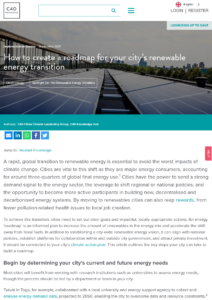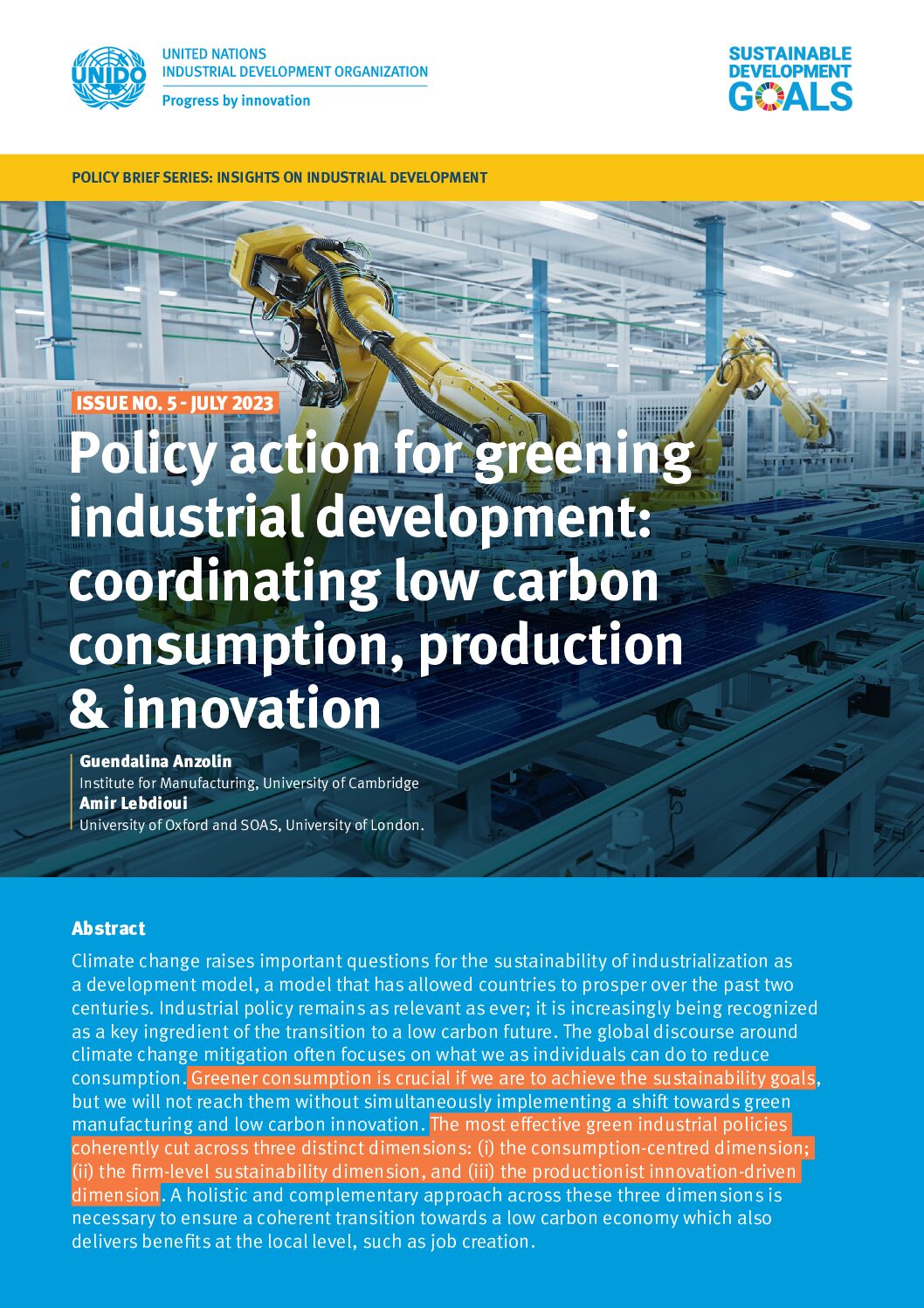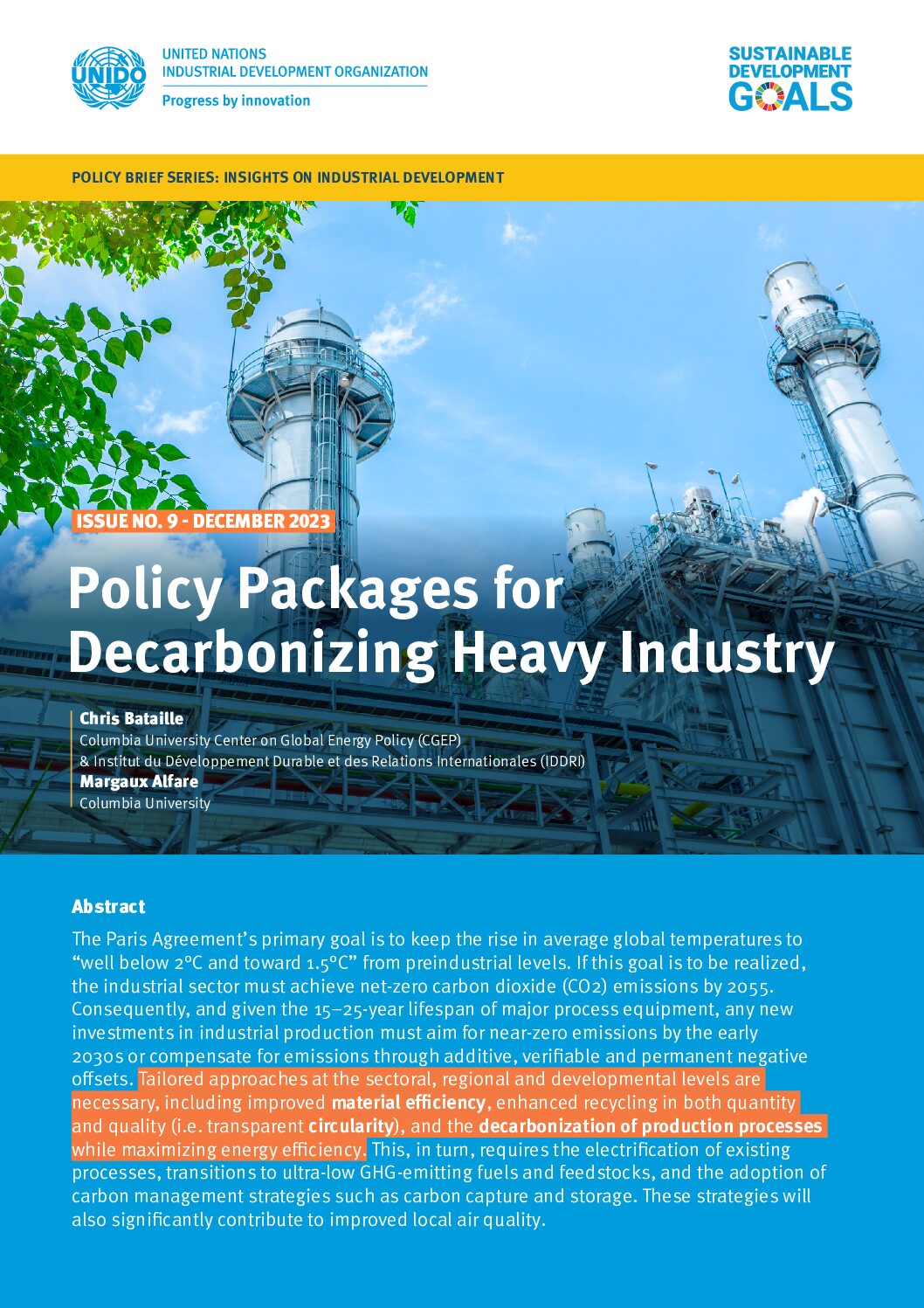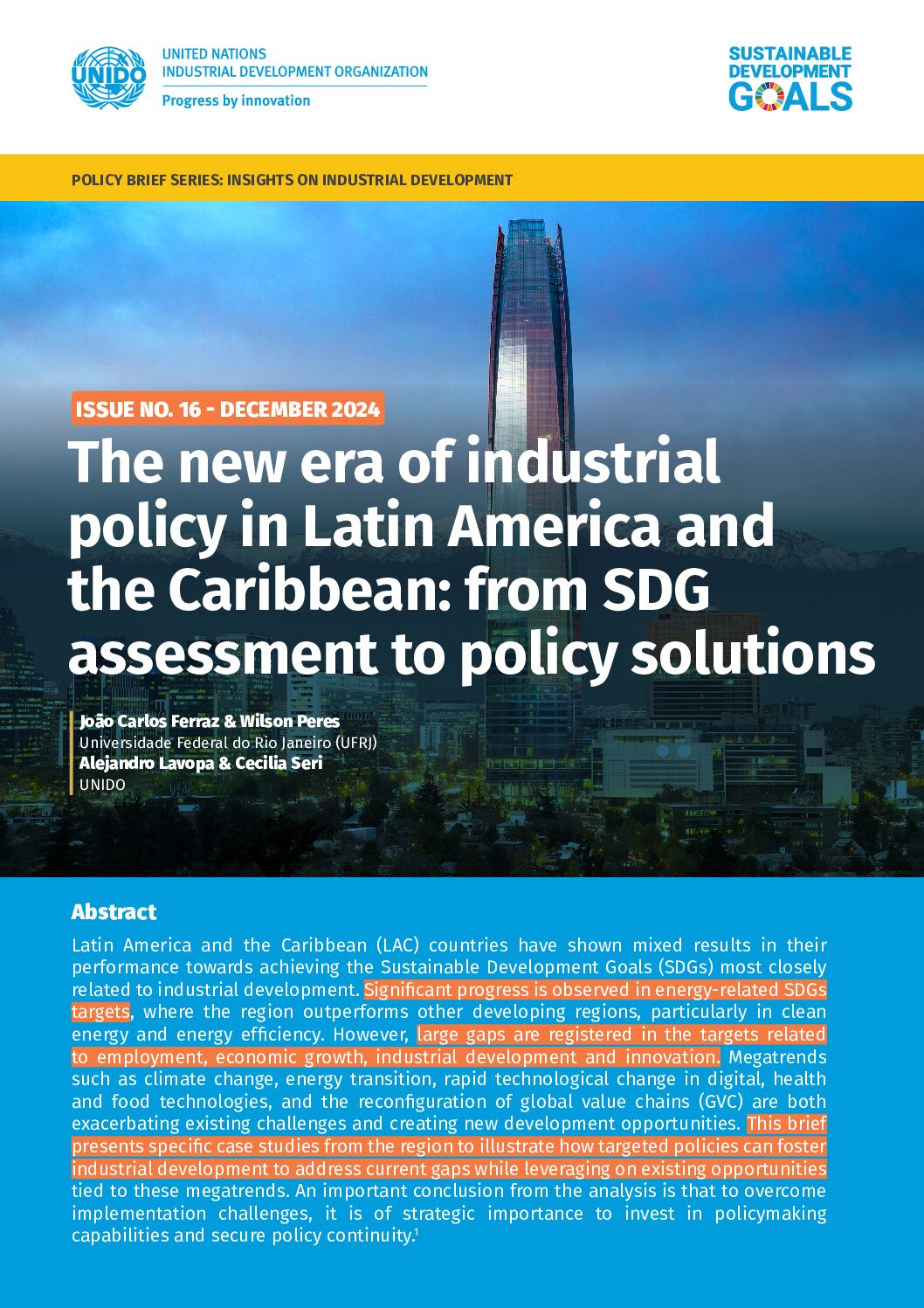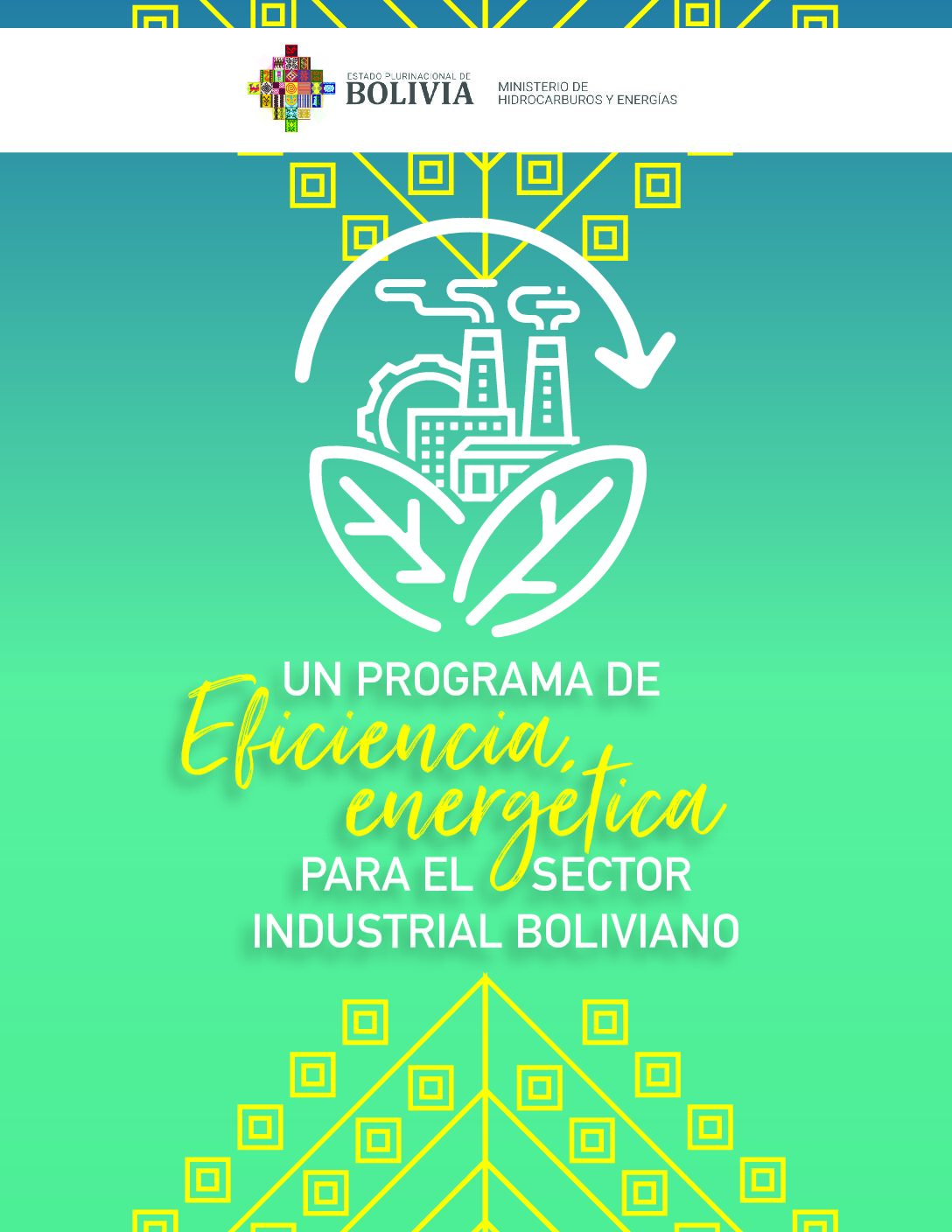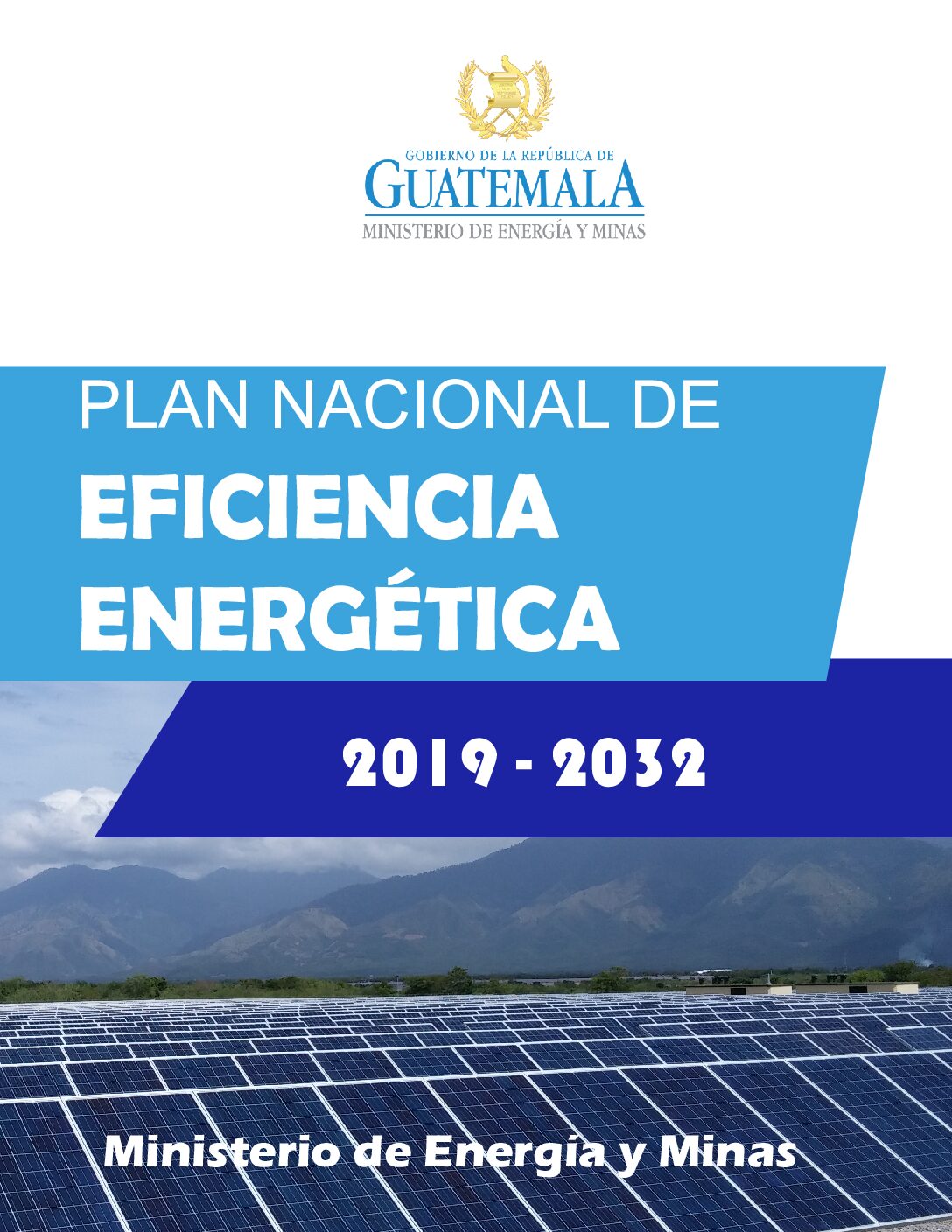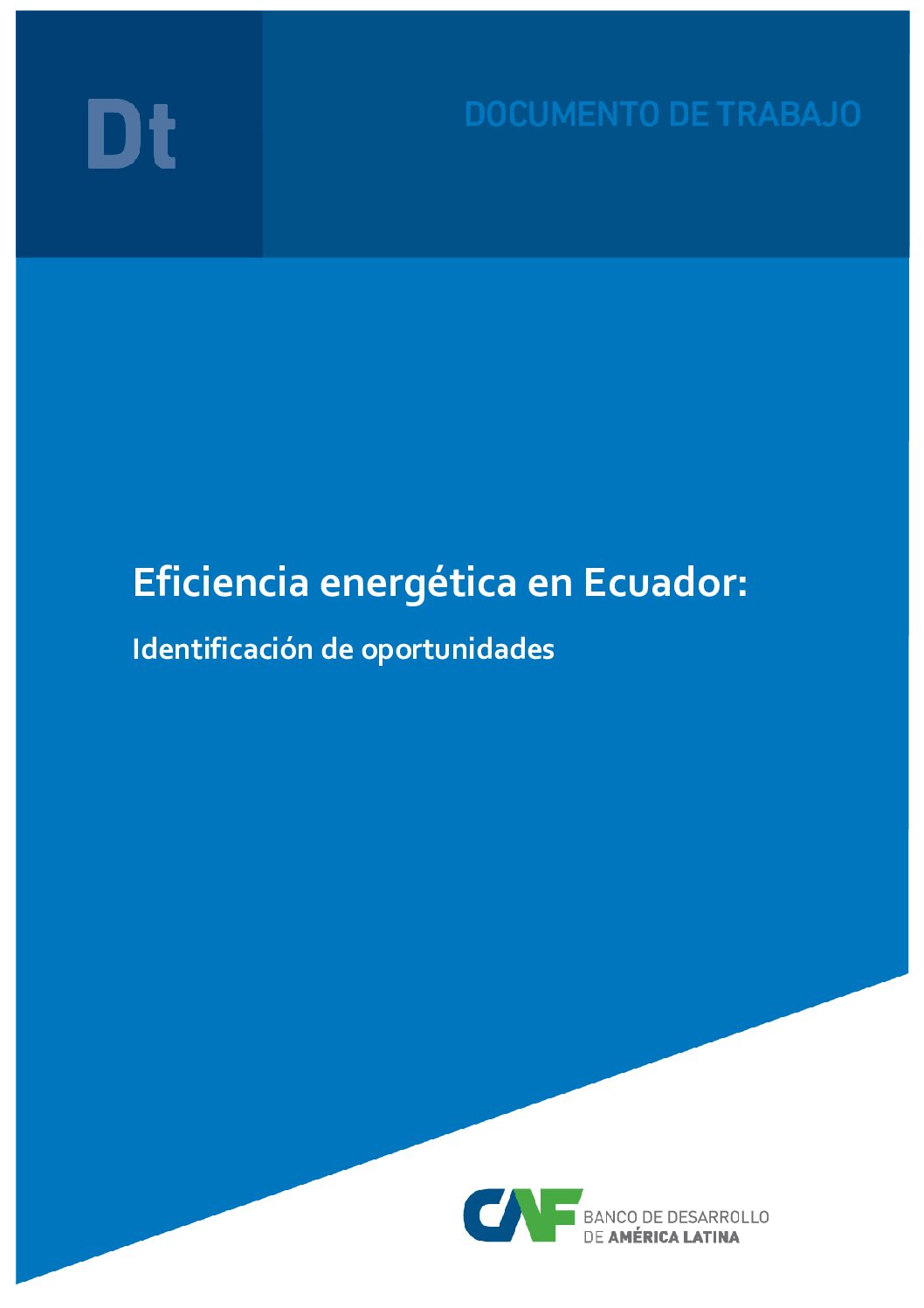This guide explains how cities can develop energy transition roadmaps that can create platforms for collaboration with other stakeholders and attract investment.
This brief describes the balance required in effective green industrial policies across three dimensions: consumption-centred, production-centred, and innovation.
This brief describes policy options for the decarbonisation of heavy industry, both for improved material efficiency and for electrification.
This brief presents case studies from Latin America and the Caribbean of policies that foster industrial development that supports the SDGs.
This brief discusses how African LDCs can develop industrial policies that prioritise infrastructure, clean technologies and youth employment.
These guidelines provide advice on the development of green hydrogen clusters, which are industrial clusters that share green hydrogen and renewable energy for various purposes and can significantly contribute to industrial decarbonisation.
This strategy describes the current state of industrial energy efficiency in Bolivia and ways to advance progress.
This study describes the state of energy efficiency in Bolivia and identifies target sectors with the greatest potential for further energy efficiency advancement.
This is a strategy for energy efficiency in Guatemala, covering the following sectors: public services, industry, transport, residential and academia.
This study describes the state of energy efficiency in Ecuador and identifies target sectors with the greatest potential for further energy efficiency advancement.

